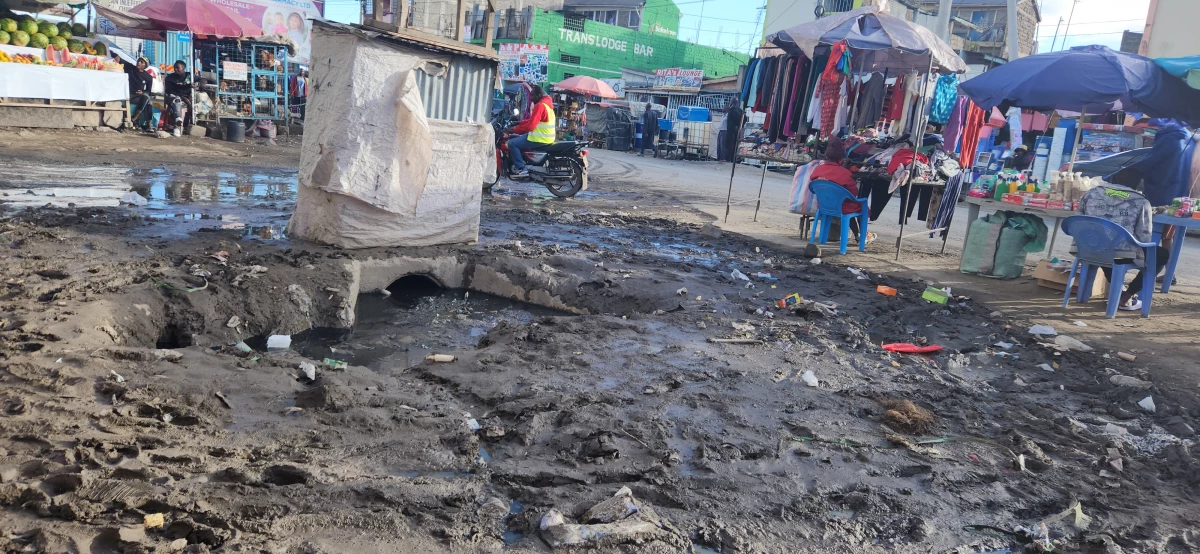Global Powers Clash Over Kenya-Led MSS Mission in Haiti
Why are China and Russia opposing the transition of Kenya’s MSS Mission in Haiti to a UN peacekeeping operation? Explore the challenges, funding gaps, and global stakes in this debate.

China and Russia, both permanent members of the UN Security Council, have opposed a proposal to transition the Kenya-led Multinational Security Support (MSS) Mission in Haiti into a formal UN peacekeeping operation. This opposition emerged during a recent Security Council meeting where the U.S., along with Ecuador, pushed for the mission's upgrade, citing the need for better international legitimacy, funding, and logistical support to tackle the escalating gang violence in Haiti.
China's representative, Geng Shuang, argued that peacekeepers should only be deployed when "there is peace to keep," pointing out that Haiti's current state of rampant gang violence makes it unsuitable for such a mission. Similarly, Russia's Deputy Ambassador Dmitry Polyansky emphasized that peacekeeping forces are not meant to intervene in what he described as urban crime-fighting or state-building scenarios. Both countries also criticized the lack of adequate funding and logistical support for the current mission, warning that premature intervention could worsen the situation.
Kenya, leading the MSS mission, has expressed its support for transitioning to a peacekeeping mission, as it would provide more predictable resources and international collaboration. However, the MSS currently faces severe operational challenges, with only a fraction of its planned 2,500 personnel deployed and a significant funding shortfall.
Read More:
What's Your Reaction?















































































































